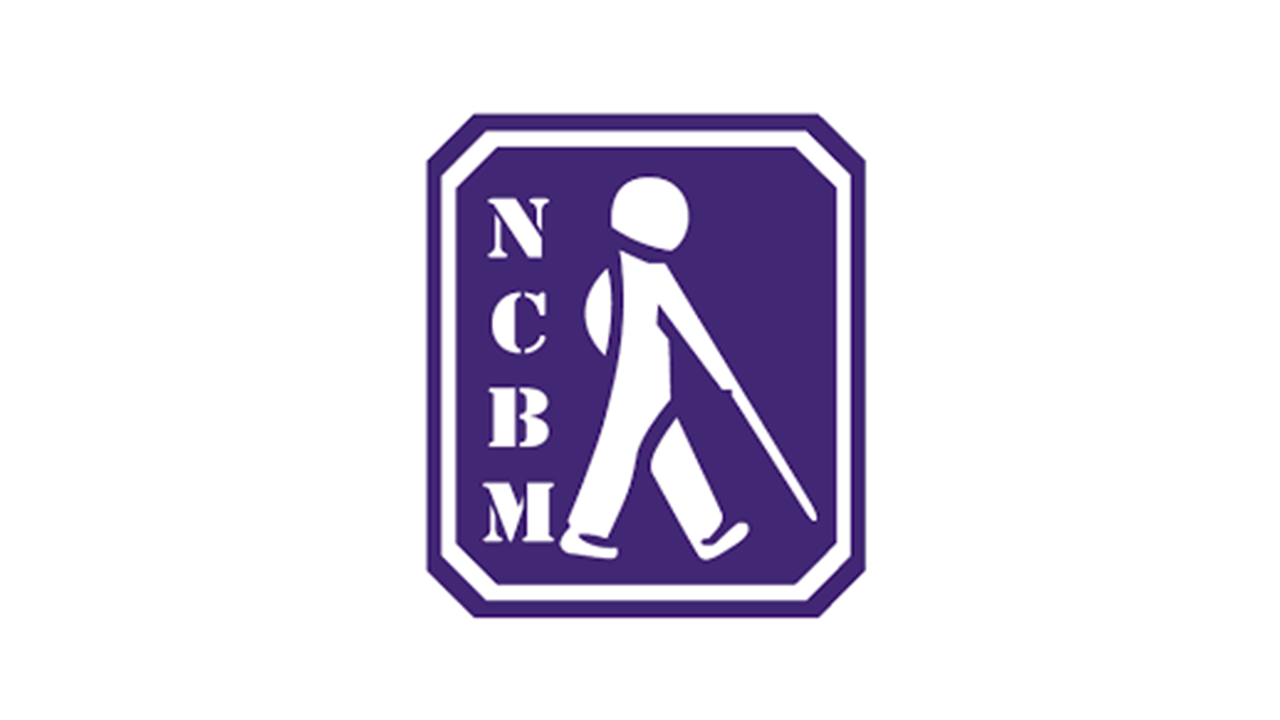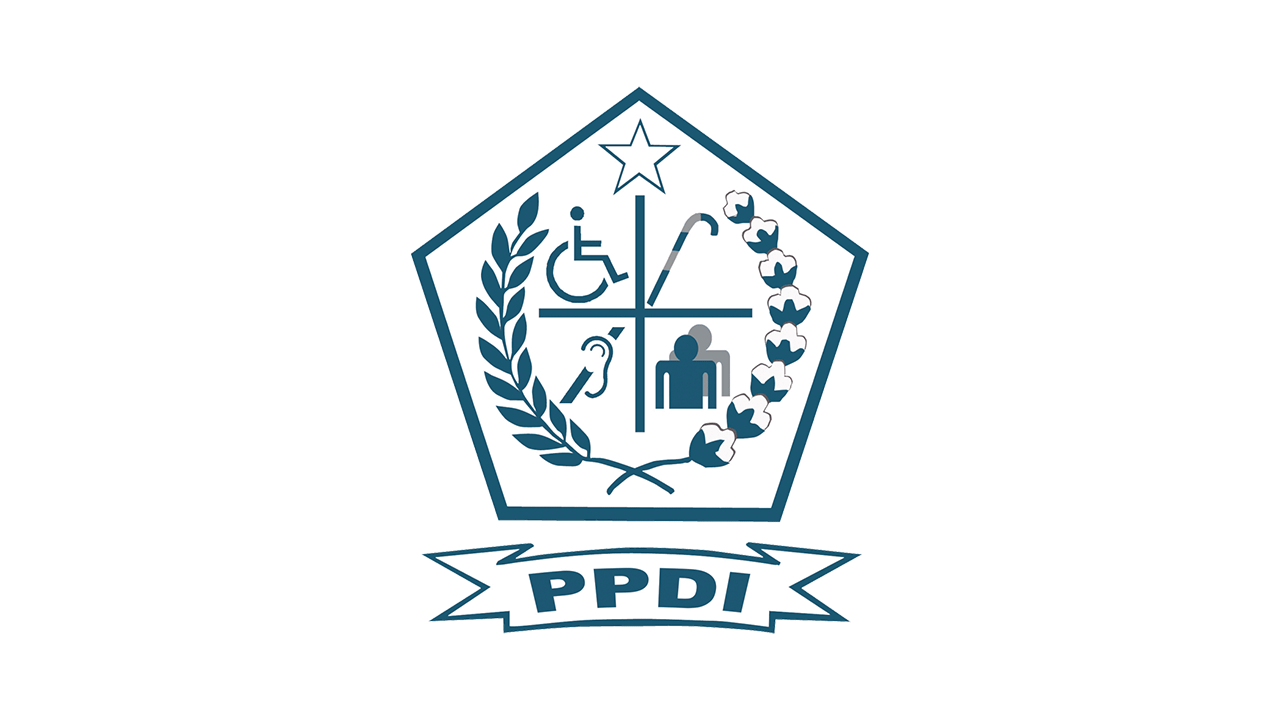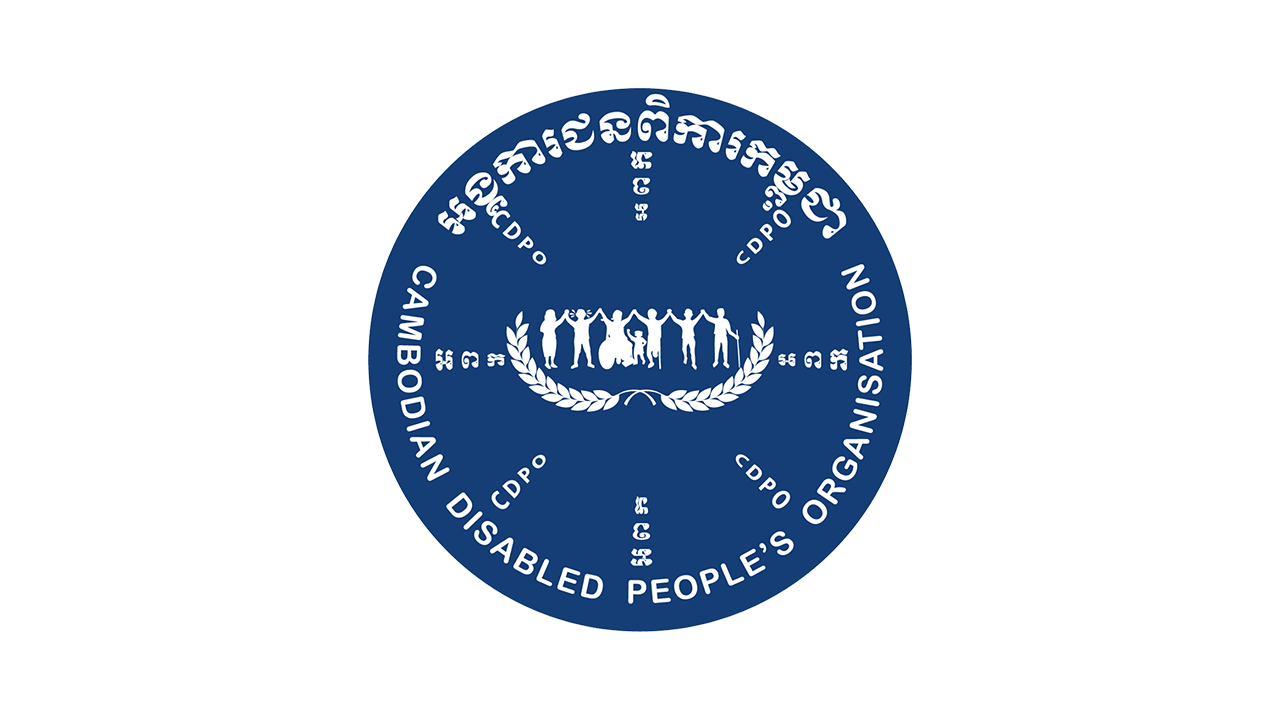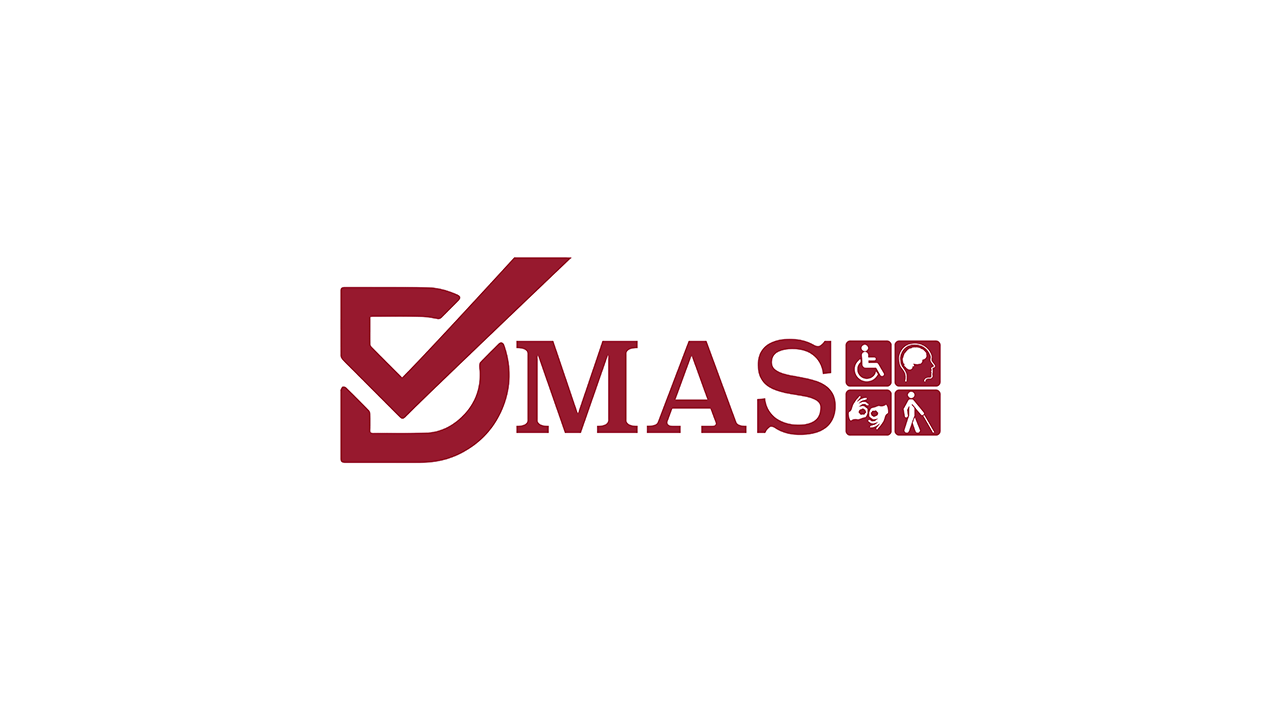The participants in the General Election Network for Disability Access’ (AGENDA) 2nd Regional Dialogue, held in Bali, Indonesia on November 10-11, 2012 adopted the Bali Commitments.
We, members of election management bodies, disabled people’s and civil society organizations, international organizations and institutions, and representatives from academia, recognize that persons with disabilities are frequently excluded from the political lives of their countries and commit to take steps to make the electoral process more inclusive and accessible.
We reaffirm the rights and principles proclaimed in the Universal Declaration of Human Rights, International Covenant on Civil and Political Rights and the UN Convention on the Rights of Persons with Disabilities.
We demand the right to participate in free, fair and accessible elections and vote by secret ballot. This right applies equally to all citizens, including those with physical, sensory, intellectual or psychosocial disabilities.
We recognize that each country in Southeast Asia experiences unique barriers. We reiterate the commitment made by ASEAN member states in Article 7 of the Bali Declaration on the Enhancement of the Role and Participation of the Persons with Disabilities in ASEAN Community.
We each resolve to eliminate all forms of discrimination towards the full and equal political participation of persons with disabilities. Acknowledging these obligations, we hereby agree to work together to ensure persons with disabilities have an equal opportunity to:
- Secure national identification cards and register to vote*
- Equal recognition in the election law
- Receive civic and voter education and political party platforms in accessible formats, such as sign language, Braille, audio, large print, pictorial and easy-to-read
- Reasonable accommodations such as assistance in the voting booth, tactile ballot guides, low voting booths, magnifying glasses and large grip pens
- Accessible infrastructure such as ramps and building layouts that allow for easy maneuver by those who use assistive devices
- Counting and announcement of election results in accessible formats
- File a complaint and participate in the dispute resolution process
- Serve in leadership roles such as candidates, election management body officials, poll workers and observers
We will return to our countries and share experiences and outcomes of this conference with our governments, disabled persons’ organizations, civil society, the media and other stakeholders. We confirm our desire to continue to collaborate and share best practices and lessons learned with each other.
*Participants encourage EMBs to collect information on type of disability during the registration process.









